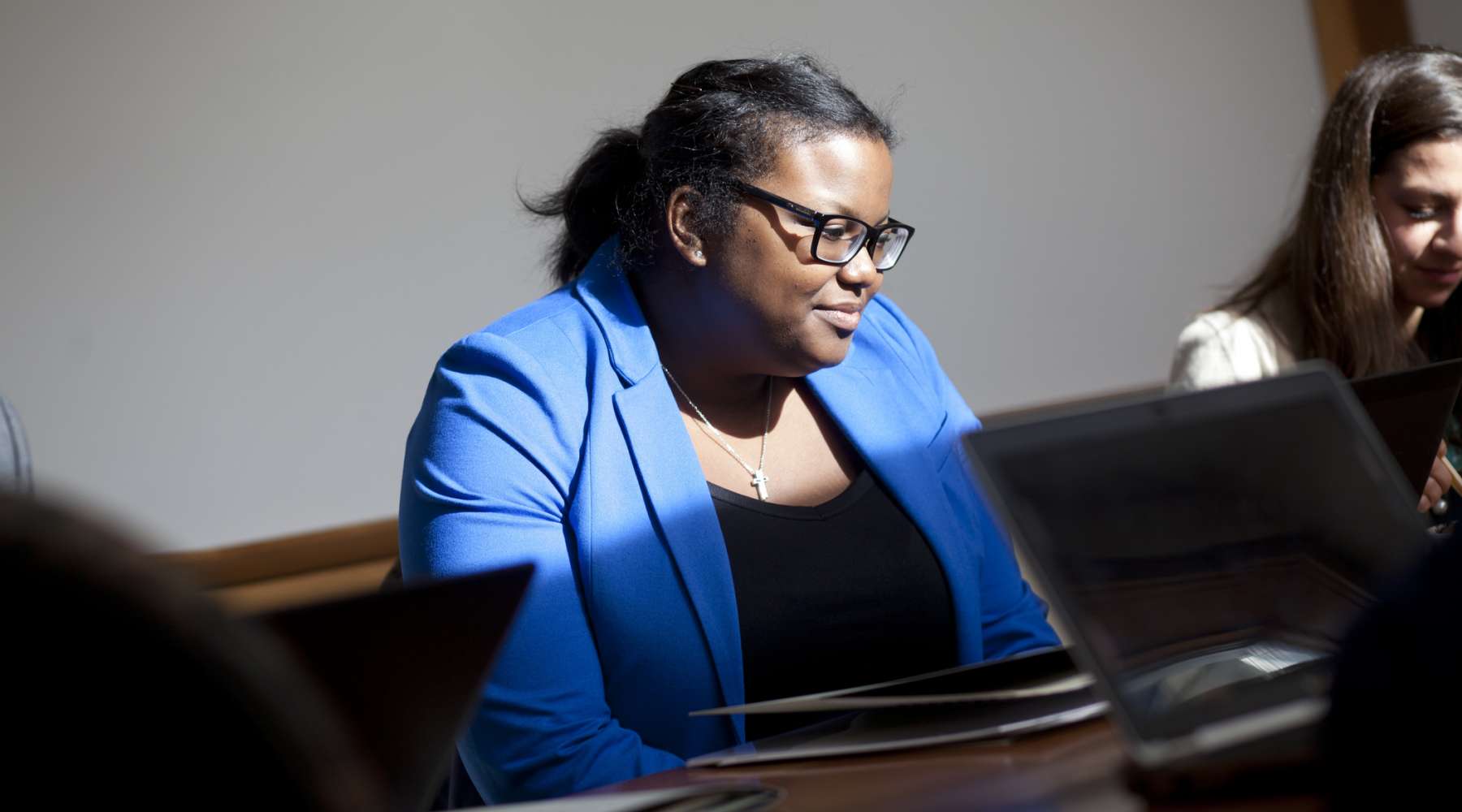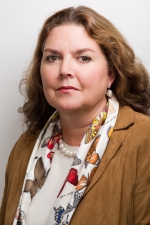
 Deirdre O’Donnell is an associate director of Tuck's Career Development Office (CDO).
Deirdre O’Donnell is an associate director of Tuck's Career Development Office (CDO).
The first thing that’s very important is to understand what the desired skill set is for the industry. There are very standard competencies that all investment banks look for. They’ve all had consulting firms in to do studies on what makes the most successful people successful. The most important competency is leadership, followed by quantitative ability, which means you have to be a logical problem-solver who is comfortable with numbers. Because of what you do as an associate, you really need to be somebody who takes a lot of personal initiative, which might be another thing they test for in the first round interviews.
The final round interviews for banking are usually with someone much more senior who is looking at you through a different lens. They are looking to see if you would be an asset in a meeting: are you client-facing? That’s a hard thing to prepare for. People are either socially adept or they’re not. It’s really a test of your listening skills and putting your client first, so they’re going to ask you fit questions that will address those things.
Doing a lot of mock interviews is essential. It’s a client-facing business, so you never want to sound rehearsed. To get comfortable, practice with second-years, the CDO, and with Tuck alumni who are currently associates at the investment banks. I’ve never seen a situation where someone hasn’t been willing to do mock interviews so there’s a lot of support.
We have collected a whole library of technical questions over the years. That’s complemented by the core curriculum where there are three key classes that help in this preparation: Accounting, Decision Science, and Capital Markets. The easiest way for banks to test whether or not you’ve got a grasp of the technical concepts is to ask for grades. Tuck’s a non-grade-disclosure school, but banks will typically ask students if they’re comfortable revealing their grades. If you don’t, they’ll assume the worst. They will also test your modeling skills and may have you walk them through a DCF or LBO model in an interview.
We bring up Training the Street before Winter Break to go through how banks do their models, how to work those models through Excel, things like that. We do it before Winter Break so that students then have those weeks to crunch through the 400 technical questions we have in our library and then use what they’ve learned in the Training the Street class. Also, the Finance Club does a tremendous job assigning mentors. Each second-year student might have three or four mentees and they will do a series of technical mock interviews with them until they’re comfortable with the concepts.
People who have a quantitative background don’t often get a lot of technical questions. The assumption is they’ve got a quantitative major; they’re doing well in the Tuck classes; they can do the work. It’s the people with nontraditional backgrounds who get the most technical questions. So they do have to work a little bit harder, but the second-years know that and they’re very supportive.
Typically, there are two interviews, a first round and a final round. Usually they’re one-on-one: one bank representative to one student. Sometimes they are two-on-one where they’ll have somebody who’s more experienced at interviewing and someone who’s new, as a way to train them. But the second person is usually there to listen, so in terms of your interaction it’s one-on-one.
The first round interview is usually with somebody at the vice president level to test your technical ability. Can you crunch the numbers? Are you detail-oriented? Can you deal with tight time frames? Can you prioritize because you’re working on more than one project? They’re looking at you in terms of what they need in an associate.
Assuming you make the final round interview, then it’s more the client-facing fit piece. Fit is important and even more so if you’re interviewing away from the bank headquarters. If you have interest in going to San Francisco or Houston, the offices are much smaller and you’re working long hours together in highly tense situations, so it is important for them to feel comfortable with you as a team member.